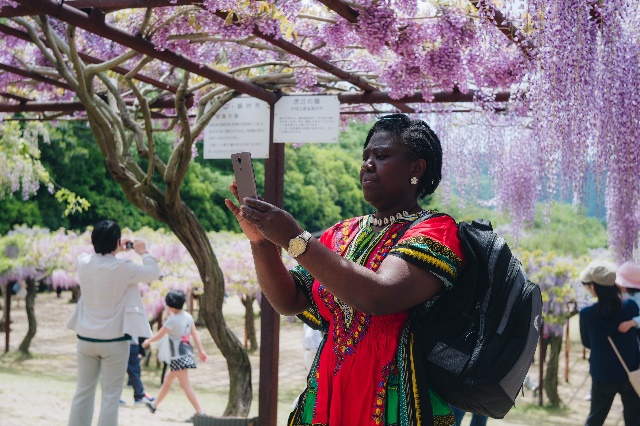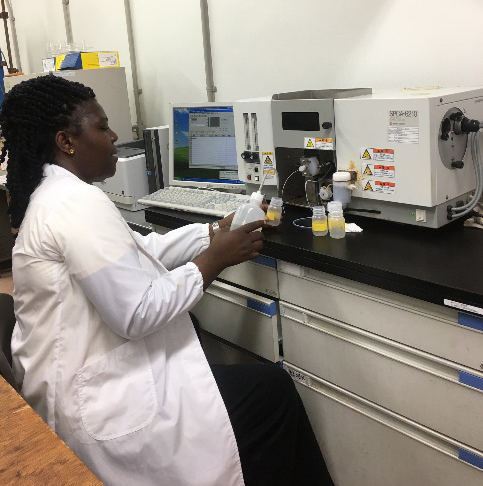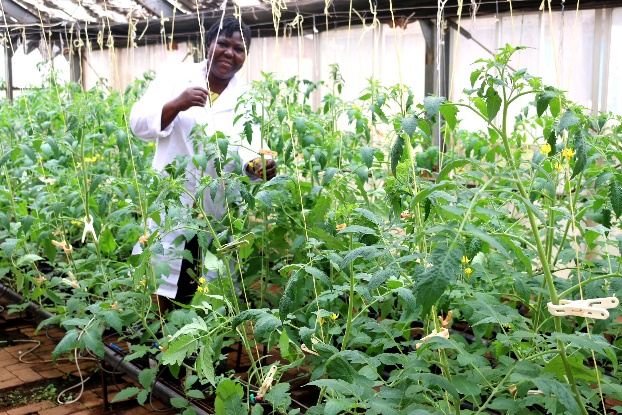We bring you the voices of JICA returnee students from Jomo Kenyatta University of Agriculture and Technology (JKUAT) in Kenya!
Interview with Dr. Annah Khatenje Indeche, JICA returnee: On her current work at JKUAT after studying abroad with JICA
Name:Annah Khatenje Indeche
Country of Origin:Kenya
Destination of study in Japan (name of University): Okayama University
Course: PhD in Agriculture
Duration of your study: 3 years(Sep 2016-Oct 2019)
Present position: Lecturer

1. Reflecting back on your study experience in Japan, what was different from studying in Kenya? What was the benefit of studying in Japan, or why did you want to study in Japan?
Studying in Japan exposed me to a different culture and that helped to open up your mind to see how people have different work ethics. Apart from that, in Japan I received very close supervision with my work. On a weekly basis, every Tuesday during lunch time, we had a meeting with the whole laboratory. At then, there were 11 people in the laboratory, and I was the only PhD candidate and others were BSc and MSc, but we had regular seminars organized every week by other laboratories and had access to laboratory reagents and equipment promptly which helped me to complete my studies in good time.

2. How have you been utilizing your knowledge and expertise obtained during your study in Japan? How would you like to contribute to your country’s development?
Through sharing my experiences with my students and continuation of my research (2020 and 2021) though currently I don’t have a project. In 2022, I took a break from research as I didn’t feel like my previous projects had given me the intended outputs. I decided to take a break so that I could only concentrate on teaching, writing my book which I believe will be of benefit to a wider audience in Kenya and beyond and also reflecting further on the research area I want to major in that will be of value.
3. Have you faced or facing any challenges/difficulties in utilizing some of your knowledge and expertise obtained during your study in Japan back in Kenya?
In Japan I was growing tomatoes in a root restriction system and I have tried to replicate that here, however, full automation of the system has not been achieved as I had desired. Maybe I need intervention from the engineering department for this. Also, some equipment required for analysis of my samples is available but not easily accessible, but I have learnt to be patient.

4. How did you overcome those difficulties? Was your network with JICA scholar alumni or your Japanese professors useful?
I have not totally overcome these difficulties but I know moving forward I will get help especially when we initiate joint lab system in the college. I believe all the equipment I need will be available and I will go on with my research effectively.
I am writing a Handbook on Physiological disorders of horticultural crops and I feel honored that my Professor in Japan has agreed to review it for me.




scroll